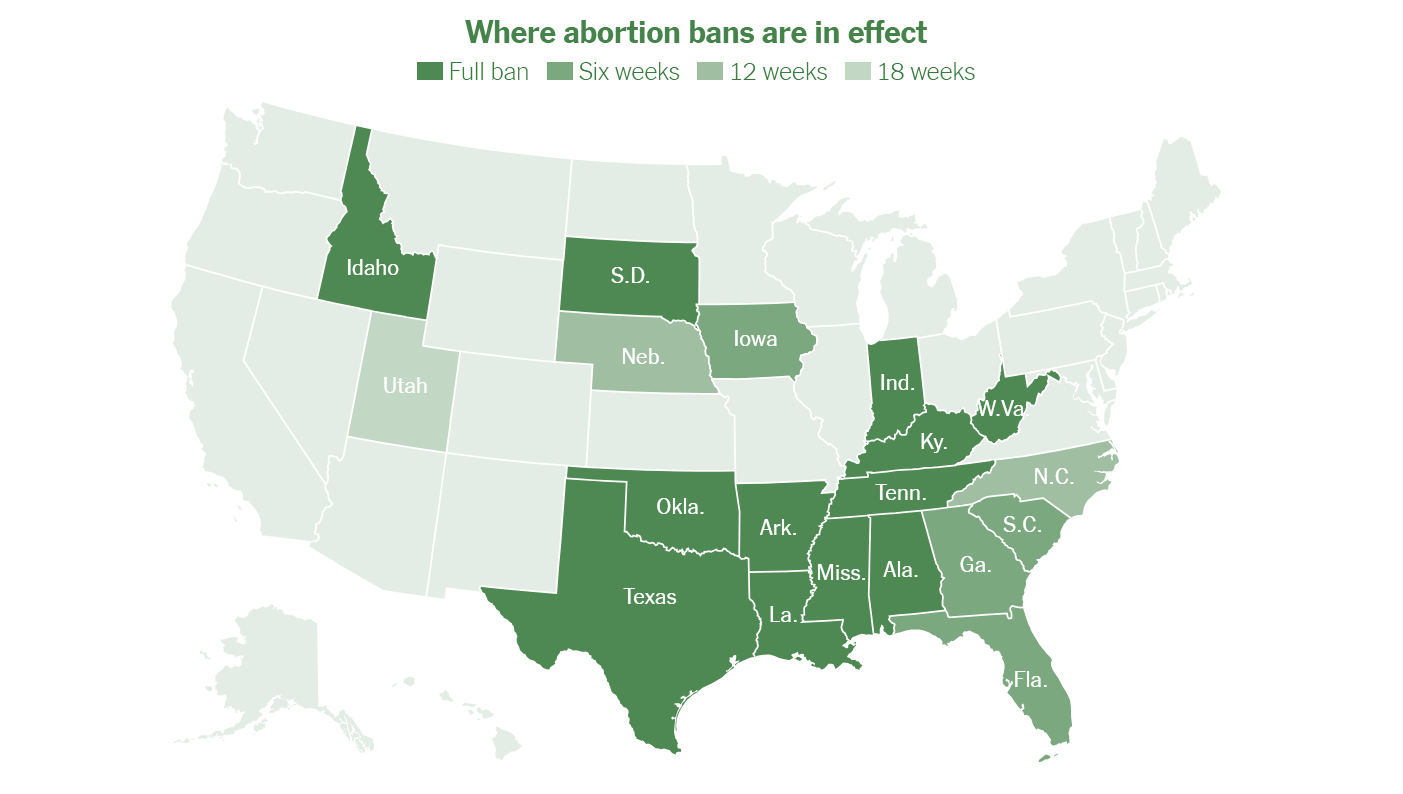Just recently, the UK’s Supreme Court ruled that “in principle,” the income related laws governing the immigration of foreign spouses to the UK are lawful.
The rules, as of 2012, state that UK citizens must earn £18,600 or beyond before their wife or husband, if from outside the European Economic Area (EEA), can join them in residing in the UK.
According to the BBC, the Court Judges rejected an appeal by families claiming their human right to a family life was impeded by the rules. However, they did criticize the threshold as "defective" and a cause of "hardship,” making particular reference to the welfare of children involved, or of other sources of income.
Below Lawyer Monthly has heard from a few specialist sources around the country, who have voiced their thoughts on the ruling and the rules.
Jamie Kerr, Immigration Partner, Thorntons:
The difficult relationship between money and love has been the subject of musings from the UK Supreme Court in London. In a controversial decision, a bench of seven highly paid judges decided that the UK government’s rules on preventing low paid workers (and others) from bringing their spouses and partners to the UK are acceptable in principle.
The decision follows the introduction of tough new family migration rules by the UK Government in 2012. Under these rules, anyone who wishes to bring a non-European partner or spouse to the UK must be earning at least £18,600. An additional sum of £3,800 is added for a dependent child with £2,400 for each additional child after that.
So, let’s take the scenario of a British national who wishes his US national wife and her two children to join him in the UK. He would require to be earning £24,800 before being able to do so (£18,600 + £3,800 + £2,400).
When we consider the minimum income rules, it is worth considering the uneven impact they have across the UK. In Scotland for instance, 48% of people who work do not meet the rules. This rises to 51% in Wales and 56% in Merseyside. In London, only 29% of those who work cannot meet the rules.
It is therefore clear that the regions and nations of the UK are hit hardest by a one size fits all immigration policy. The London-based Supreme Court noted ‘substantial regional differences’ though despite this, they were unwilling to find the rules unlawful.
They did recognise the “significant hardship” that the rules cause and will continue to cause to many thousands of couples who have good reasons for wanting to make their lives together in this country. However, they rather disappointingly take the view that “a rule which causes hardship to many, including some who are in no way to blame for the situation in which they now find themselves, does not mean that it is…unlawful at common law.”
And there we have it. Laws that cause hardship to thousands of ordinary people are not necessarily unlawful. Laws that favour London and disproportionality impact the regions and nations of the UK are not necessarily unlawful. Laws that disproportionately affect females are not necessarily unlawful.
Despite all the hype and political rhetoric around migration, many had hoped that the Supreme Court would step in and speak authoritatively, rationally and fairly to remedy a manifestly unjust situation. They did not do so and that is a great shame.
One is left pondering whether the thousands of couples and families who are feeling the significant hardship that the Court speaks of will be cursing Cupid for shooting his arrow at a non-European. Or perhaps they are cursing well paid judges, living a world away from the regions and nations of the UK where this harsh government policy will continue to cause significant hardship.
Gary McIndoe, Director, Latitude Law:
Until July 2012, when a foreign partner of a British or settled sponsor sought entry to the UK the family had to prove that it had ‘adequate’ household income, which implied an ability to support one another and any dependants without recourse to public funds. The old test, as interpreted by the courts, at its heart required Home Office officials to compare potential household income with that received by a similar family on UK benefits. If they exceeded this notional amount, the applicant succeeded. The calculation could be blurred, however, by evidence that a particular couple was for example particularly frugal, and had shown themselves able to live on less than the benefits level. Accumulated savings could also be taken into account, as crucially could so-called third-party support from other family members.
The Home Office dispensed with the concept of adequacy (in all but a small number of cases where a sponsoring spouse received certain qualifying benefits) in changes which introduced a ‘bright line’ income rule. Put shortly, as Lady Hale and Lord Carnwath in their joint judgment in MM (Lebanon) and Others state, new rules required a sponsoring partner (rather than the applicant and partner jointly, and certainly without any assistance from family members) to have a gross annual income of at least £18,600, with an additional £3,800 for the first non-settled dependent child, and £2,400 for each further child.
The Court decided that the imposition of such a blunt rule was, in principle, acceptable, albeit policy guidance accompanying the rule failed to take sufficient account of the UK’s obligations under Article 8 ECHR and the UN Convention on the Rights of the Child as it affected children of families applying under the new regime. Thus, with a little re-writing of casework guidance, the rules will be permitted to continue in their present form.
The present system is, in principle, a simple one. However, scratch the surface a little and the difficulty of applying a stark income threshold to the myriad family circumstances that might precede an application for a partner visa becomes clear. Most harmful, in my view, has been the restriction of the income assessment to the sponsor alone – ignoring the foreign spouse’s income all together at entry clearance stage (the position changes for in-country applicants).
An entire appendix to the immigration rules is required to explain the evidential requirements to be met. How, for example, to assess the income of a couple resident abroad for several years, where the sponsor is leaving a job to relocate back to the UK? What if that sponsor was self-employed in a country where tax returns and thus reliable evidence of income are hard to come by? Crucially, how can it be fair to assess only the sponsor’s income, effectively precluding a British woman who has raised a family rather than worked abroad from sponsoring her foreign husband back in the UK?
The judgement in MM (Lebanon) does nothing to address these practical problems, which we as immigration practitioners at Latitude Law confront regularly.
We would also love to hear more of Your Thoughts on this, so feel free to comment below and tell us what you think!





















